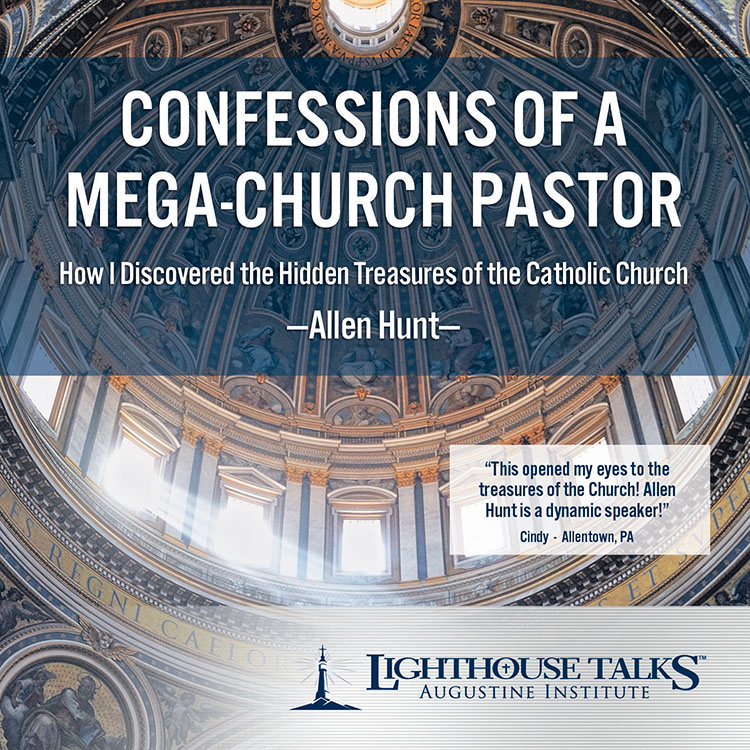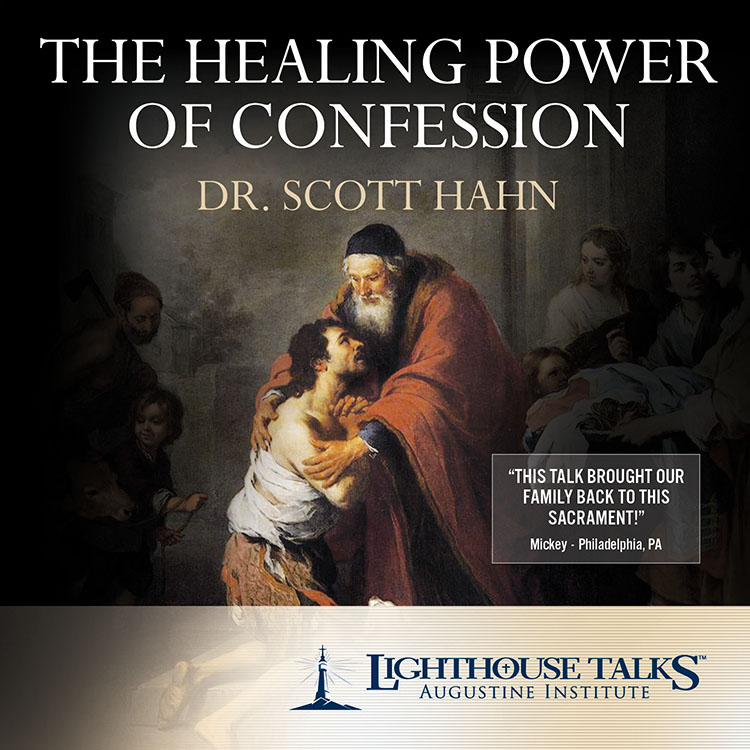 |
| Circumcision is nothing, and uncircumcision is nothing, but the keeping of the commandments of God. 1 Cor 7:19 |
Frequently, Protestants accuse Catholics of relying upon our works for salvation. But that isn't true. And that is easy to prove. All you have to do is ask a Catholic, any Catholic, "Are you saved?" What is the answer that he will give? We all know.
He will answer, "I don't know."
Protestants harangue us for this response all the time. Never mind that this is the Biblical answer (1 Cor 4:5).
The fact is, we believe we are saved by our FAITH and works, but we don't rely upon either to be saved. We rely upon God.
ON THE OTHER HAND, if you ask a Protestant if he is saved, what will he say?
"Yes!" they say, "I am saved by my faith alone! My sins are all forgiven!" Even if we ask them, "What about your future sins?"

ALL MY SINS ARE FORGIVEN, I'M GOING TO HEAVEN.
That is their answer! What do you say? Do you rely upon your faith alone for salvation?
Which is the more Biblical reply?
1 Corinthians 4:3-5
King James Version (KJV)
3But with me it is a very small thing that I should be judged of you, or of man's judgment: yea, I judge not mine own self.
4For I know nothing by myself; yet am I not hereby justified: but he that judgeth me is the Lord.
5Therefore judge nothing before the time, until the Lord come, who both will bring to light the hidden things of darkness, and will make manifest the counsels of the hearts: and then shall every man have praise of God.
Sincerely,
De Maria



